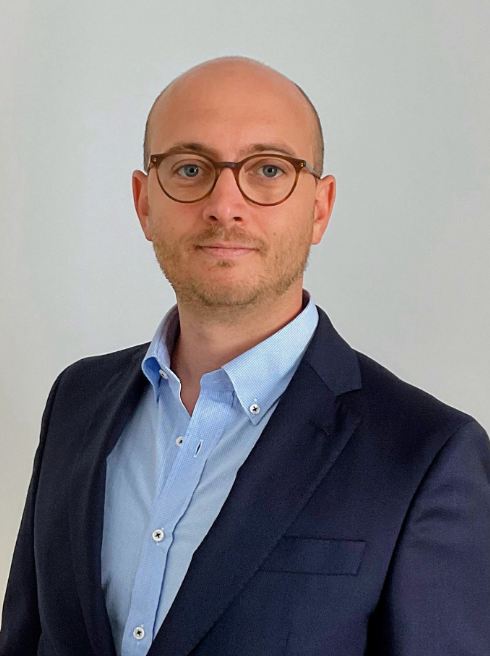Pablo is a Programme Manager in Energy Transition R&T at Rolls-Royce
 Pablo Geijo, EMPA
Pablo Geijo, EMPA
Educated as an aerospace engineer, I had spent my career in the private sector developing the newest generation of passenger aircraft, from new airframe materials to jet engines. The urgency to address climate change was tangible, but not quite to the focus we see now.
The COVID-19 pandemic was a time of reset for everyone. As the world stood still, society reflected on what matters most. Some professions had been forgotten in the value chain. While we fretted at a passer-by sneezing, garbage collectors quietly did their job. With no childcare, those with a remote work option had to learn about home schooling. And the responsibility and high ethics of health workers were (once again) vindicated as a pillar of our society. To our collective surprise, the system did work, and we went through it. But this black swan event put back into context the value of things, and the value of those who work for others.
With this reset, it seems we all resolved to shift gears and tackle climate change. I have a view of society as a system, and my primarily scientific mindset made me curious to learn outside my comfort zone. It was during this period that I decided to apply to LSE, where I went on to study Public Administration (EMPA).
After fourteen years, the return to the classroom was exciting, and meeting the diverse cohort was a gulp of fresh air during the pandemic. The eminent lecturers taught me public policy and political science, with a thorough soak in economics and econometrics. The second-year modules matched my professional experiences and underpinned academically my knowledge, from trade economics or global markets to regulatory analysis or technology policy. The concepts of regulatory frameworks, market dynamics, and technology roadmaps were no longer abstract—they became tools I could integrate into my work.
The global nature and diversity of the cohort elevated my LSE journey. From policymakers to entrepreneurs, my peers brought a wealth of experience and perspectives from all corners of the globe. I learned from their stories and ideas, and it enriched my understanding of how to resolve problems in different cultural and institutional contexts. These connections, rooted in shared discussions and collaborative learning, continue to inspire me in my professional journey.
LSE’s motto, "rerum cognoscere causas"—to know the causes—encapsulates my experience. The programme broadened my perspective beyond the boundaries of engineering and technology, providing me with a deeper understanding of how public policy intersects with societal challenges like climate change.
As I reflect on my time at LSE, it was a transformative journey that sharpened my ability to navigate complex, multidimensional problems. Tackling systemic challenges like climate change requires cross-disciplinary collaboration, rooted in rigorous analysis and a deep understanding of governance. Equipped with these tools, insights, and connections, I am committed to contributing to a more sustainable and inclusive world—for the betterment of society.